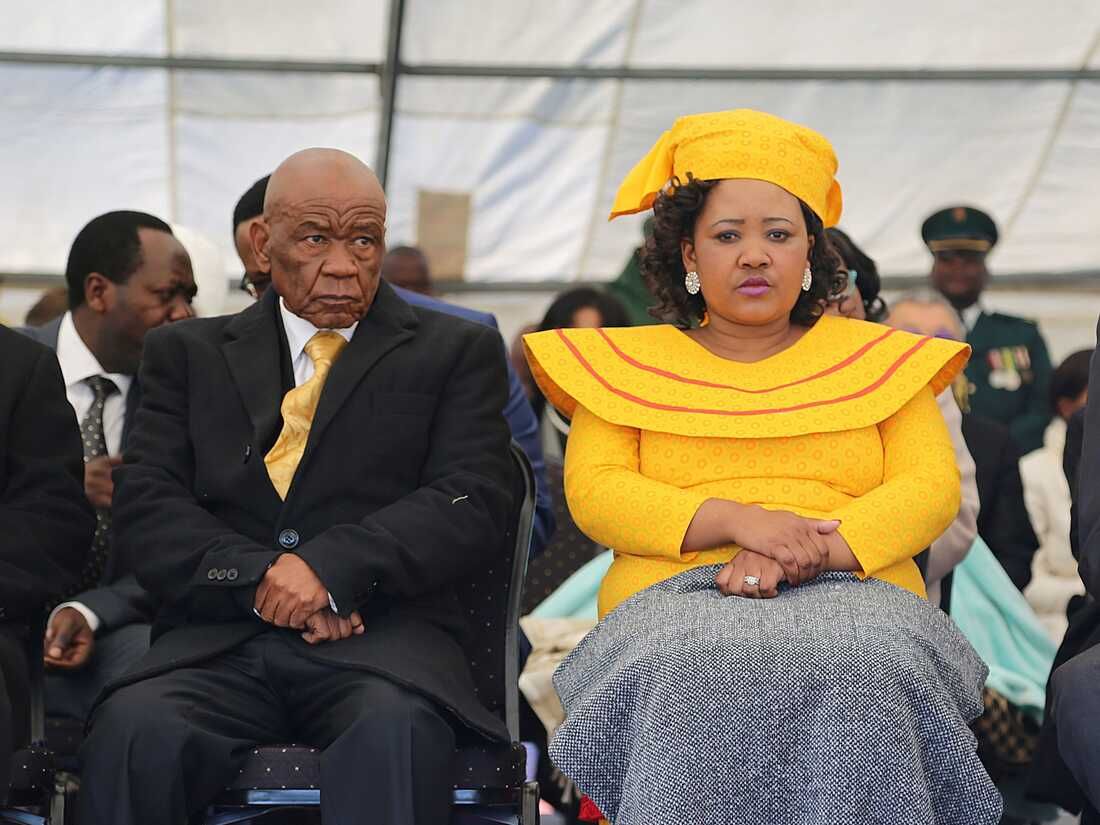
The rule of law principle concisely articulates that there should be a principle in governance in which all persons, institutions and entities, public and private, including the state itself are accountable to laws that are publicly promulgated, equally enforced and independently adjudicated, and which are consistent with international human rights norms and standards. This method of accountability is often negated in most African states. Cases involving people in government are usually exempt from both civil and criminal liability. Lesotho finds itself in a position whereby the independence of the judiciary is tested on the matter of sitting Prime Minister Thomas Thabane following the murder of former first lady Lipolelo Thabane and attempted murder of her friend Thato Sebolla.
According to Amnesty International news the late wife of the Prime Minister of Lesotho was murdered in a hail of bullets on 14 June 2017 while she was driving home in Ha Masana outside Maseru. She was in the company of her friend Thato Sebolla at the time of the attack, who was also shot and sustained injuries. It is almost 3 years since the high-profile murder but no one has been brought to book. Authorities in Lesotho well aware of the history of impunity in the country have not taken steps to ensure safety of witnesses central to the matter. One of the key witnesses has died in mysterious circumstances, whilst others have fled the country after receiving death threats.
The Prime Minister has been fingered as a suspect in this matter, after having been outside the country allegedly receiving medical treatment he made an appearance in a court in Maseru but will not be charged with murder and attempted murder until a constitutional question raised by his legal team is answered. David McKenzie of CNN in his article Lesotho Prime Minister in Surprise Court Appearance as Lawyers Seek Immunity noted that the Prime Minister’s lawyers convinced magistrate Phethise Motanyane to refer the matter to the high court (sitting as the Constitutional Court) because as the Prime Minister, Thabane may have immunity from prosecution.
The American Supreme Court in the matter Nixon v. Fitzgerald 457 U.S 731 (1982) set a precedent that is worthy of emulation by African states when dealing with matters of sitting leaders. They stipulated that a President is entitled to absolute immunity from liability for civil damages based on his official acts. The court emphasized that the president is not immune from criminal charges stemming from his official (or unofficial) acts while in office. If the Lesotho courts are to adopt this method, then Prime Minister Thabane can be charged and prosecuted for the murder and attempted murder in question. An adoption of any other method will defeat the essence of the rule of law as the Prime minister can in and out of his official capacity can commit crimes and get away with it. This approach will leave sitting officials above the law. Therefore, laws of general application will not be applied equally, since others will have freedom to operate outside the law with no legal recourse available for the committed crimes.
The justice of any criminal matter demands that justice be served, not only to bring some sort of closure to the victims and their family but to put the criminal in question behind bars for the greater good of the community.
As African states there is need to move away from models of law interpreted to ensure the leaders are not accountable for criminal conducts. Genocides occur and leaders who are often commanders in chief of the armed forces are never held accountable. The habit of waiting for the International Criminal Courts (ICC) to indict our leaders has not served the African people well Al Bashir and Kenyatta walked out of these forums. The crimes committed by leaders should be tried in the countries where they occurred where people adjudicating the matters have first-hand information to atrocities committed. Although the matter in Lesotho is not one of genocide the loss of life is still a capital crime to which justice must be served.
However, this matter will be resolved by the Lesotho High Court in Maseru (sitting as the Constitutional Court). It will ultimately come down to what is embodied in the black and white of the Lesotho Constitution, because in states governed by law, it is often a question of not that which is just but what the law is. Legal Positivists will submit that, “forget justice, what does the law say, because it is not about what is just but what is law.”